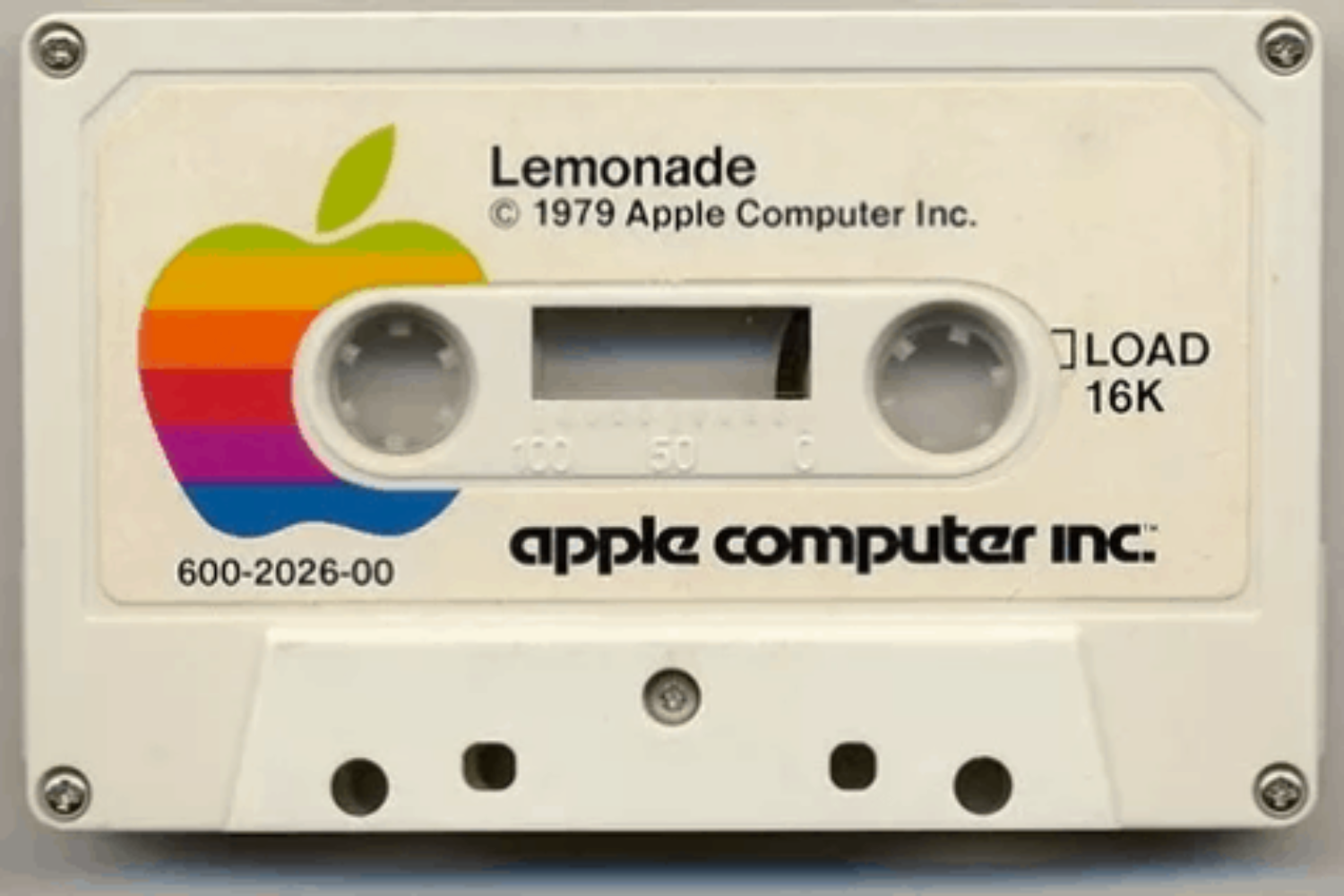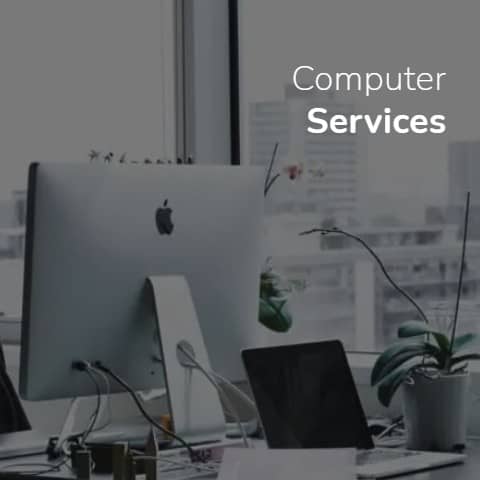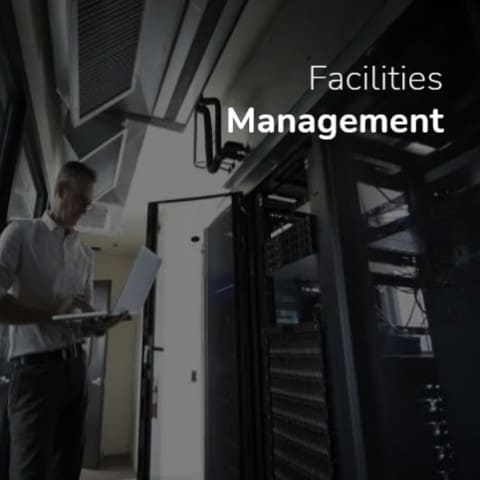The purpose of IT Cleaning in Universities is explained with examples connecting the past and present. We have used Cambridge, Manchester and Bath as examples.

Cambridge 1931
Educating a future great
Alan Turing considered by many to be the father of modern computing enters King’s College Cambridge as a Mathematics undergraduate.Turing’s concept that any single same machine could follow the same set of instructions to produce exactly the same result gives rise to the computer program. Turing would go on to be a primary driving force behind breaking the German naval signal codes at Bletchley Park during WWII. Latter work at Manchester looked at using computers to study Morphogenesis the biological theory of growth and form.
The physical side of computing like the hardware poses the eternal questions what do I need and when do I need to replace? Even extending the operational life by a year or two can save thousands. Regular cleaning extends the life of your IT Equipment.
Manchester 1957
State of the art computing
We’ve come a long way since this picture was taken of the ‘Baby’ at Manchester University in 1957 but the need to clean and maintain your systems remains. Manchester was at the forefront of technological innovation in the fifties and British Universities continue to cultivate the brightest of minds and technologies.
Today you will have made substantial financial investments by running multi-location, high availability IT Service Departments with the aim of providing your students with the technological environment for them to succeed. In our information driven society can you afford downtime for the sake of something as simple as regular cleaning?
Early Collaboration 1979
South Western Universities Regional Computer Centre – housed at Bath Campus
ICL 2980 network linking the computers at Bath, Bristol and Exeter Universities, University College Cardiff and the University of Wales Institute of Science and Technology. Total cost £2.5mio, around half of the go-it-alone route for individual Universities. The network had 12 disc stores of 20 million characters each. Collaboration is a recurring theme in the educational sector but businesses are resistant because they perceive a risk in losing proprietary information.
One thing really stands out to me in this photo…imagine having to clean those tiles. This is the main problem with the do-it-yourself method, most University IT staff don’t want to do the cleaning. You can provide them with all the materials but over time it tends not to get done. General cleaning will cover floors, desks and windows but they don’t touch the IT equipment. The Capital service ensures that your IT cleaning gets done thoroughly and regularly our reputation depends on it.

1980’s
Tape Deck Data Centre
A piece of nostalgia for those of us old enough to remember having to leave the tape recorder load and save programs in your bedroom during the early 80’s. Today you will be using petabytes of data storage facilities linked to multiple mirrored sites and some solid state physical on site memory. The exponential growth rate in storing and managing your data will be a major consideration in all future architecture and hardware decisions.
Thankfully we don’t have to rely on magnetic tape any more. How are you saving and backing up your information? Data centres are unique places, secret bunkers, old converted warehouses and modern, purpose-built facilities. Getting in can be a challenge, keeping them clean is essential for optimal operation. We are specialist data centre and computer room cleaners for nearly 30 years.
5 reasons why universities need IT cleaning and hardware auditing
7 Common ways germs are spread
7 Tips: How To Keep A Clean And Germ Free Office
Who has flu in your office?
10 Reasons why IT cleaning is better than office cleaning
What is Freshers’ Flu? Causes, symptoms and prevention
Dirty Keyboards and Smartphones contain more germs than toilet seats
Do you have a Seasonal Allergy? Hay Fever, Allergies, Rhinitis & Pollen
How many dirty keyboards produce this much dirt?
To find out more about Capital’s computer cleaning services, contact us on 0800 013 2182 or contact us here







